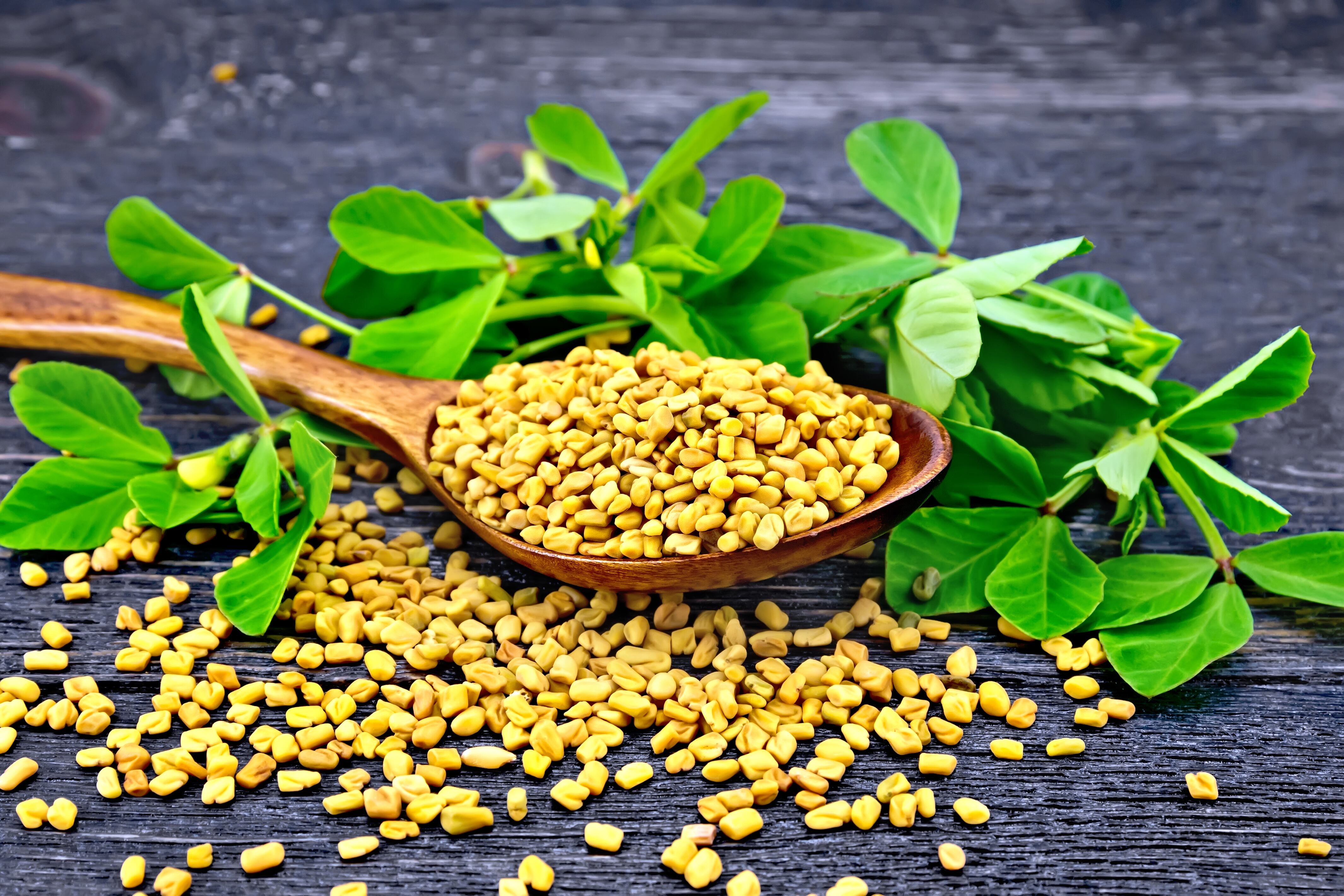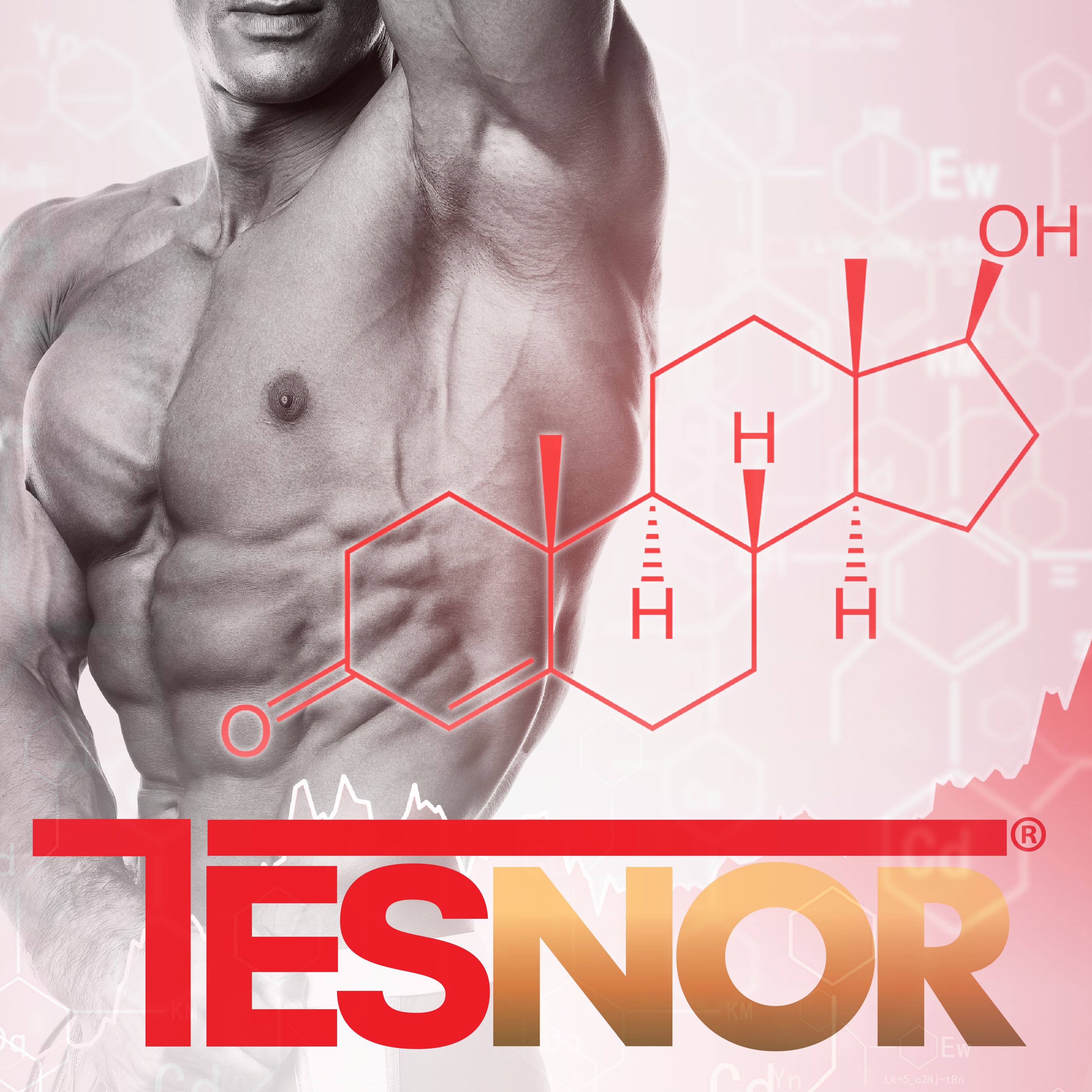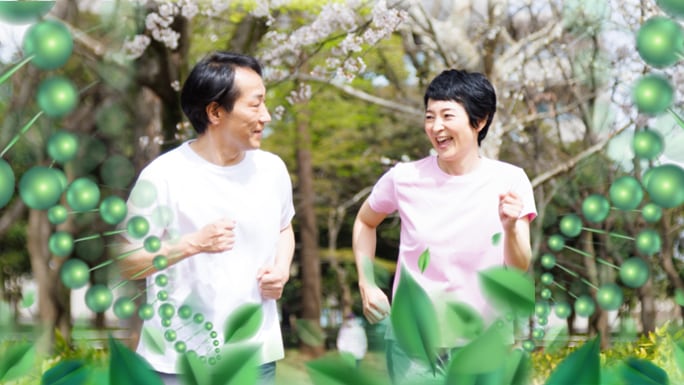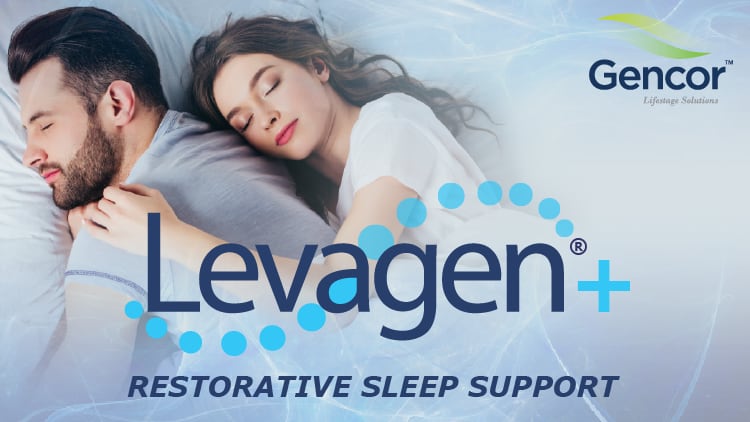The men’s health category is expanding beyond its traditional focus on muscle strength and sexual health, although these areas remain important segments.
Today, men are looking for personalized nutrition support tailored to different stages of life, from young adulthood to older age. Additionally, people are living longer. In the Asia-Pacific region, Hong Kong, Macau, Japan, Singapore, and South Korea have the highest life expectancies, ranging from 82 to 86 years – with Hong Kong leading globally at 85.49 years.¹
Globally, life expectancy has increased significantly, rising from 43.5 years in 1950 to 72.6 years in 2025.¹ This improvement can largely be credited to advances in medical science and overall enhancements in health measures, including nutrition and diet.
Nutrition and supplementation are vital for growth, health span, and longevity. A balanced diet is connected to improved health for infants, children, and mothers, as well as immune function, and can lower the risk of non-communicable diseases.² As life expectancy rises, many individuals adopt a proactive stance toward their health and wellness, driving substantial growth in the dietary supplement industry.
According to Grand View Research, the global dietary supplementation market was valued at $177.50 billion in 2023 and is projected to reach $327.42 billion by 2030, with a compound annual growth rate (CAGR) of 9.1% from 2024 to 2030.³ The Asia-Pacific region held the largest market share in 2023, accounting for 35% of total revenue.³
Another interesting factor is that men are increasing their supplement intake. Although women still dominate the category in purchases, men are showing greater interest in preventive health care. It is estimated that globally the men’s health supplement market will grow at a CAGR of 10.07% from 2025 to 2030, reaching $132.13 billion, with the Asia-Pacific region holding the largest market share in 2024, accounting for 37.98%.⁴ Additionally, this region is anticipated to experience the fastest growth from 2025 to 2030.⁴
Trending health benefits and ingredients for men
So, what are men buying? Men’s health supplements have expanded into many categories, thanks to healthcare advancements, a more educated public, longer life expectancy and social media, which helps to break down and normalize areas of health that traditionally focus on women.
This includes skin and hair health, mental health, focus, and cognitive function. Other top categories are athletic and sports nutrition, sleep support, joint health, testosterone boosters, muscle growth, strength, endurance, recovery, as well as prostate and bladder health, and immune health.
One of the main trends in men’s health is declining testosterone due to aging naturally. Lower testosterone levels affect many physical aspects of a man’s body, such as muscle mass, strength, and sex drive. However, modern men can turn to natural, effective, and clinically tested ingredients like fenugreek and botanical blends such as cocoa beans and pomegranate peel for a better quality of life.

For example, a long-standing, unique fenugreek seed extract, Testofen®, has been shown to naturally increase testosterone levels in both young and older men. This leads to numerous benefits, including increased muscle mass, strength, libido, and vitality, and is relevant across all adult age groups.
Its primary mechanism involves inhibiting 5α-reductase, which converts testosterone into DHT, thereby raising testosterone levels within normal limits in the body. This is unique because it helps the body to naturally optimize endogenous testosterone levels.⁵⁻⁶

Another proprietary botanical blend that boosts testosterone, shown to increase in-cell testosterone production and inhibit aromatase activity in in vitro data, is a combination of cocoa bean (Theobroma cacao) and pomegranate peel (Punica granatum), known as Tesnor®.
This ingredient has also demonstrated its ability to support muscle strength and growth in young males, while in another study, it significantly improved age-related male symptoms.⁷⁻⁸ Most recently, Tesnor was shown to enhance sexual health in men aged 40 to 70, including a boost in libido, psychological wellbeing, muscle strength, and overall quality of life.⁹

Weight management, body composition, and cardiorespiratory fitness are other key aspects of men’s health. In 2024, weight management made up 36.16% of the men’s health supplement market, making it the largest segment that year.⁴ A popular ingredient in this category is an extract of Gynostemma pentaphyllum (ActivAMP®), which has been clinically studied to support metabolic health, promote healthy weight management, and boost aerobic fitness performance by up to 4%.¹⁰⁻¹¹
Lastly, a growing segment among men is the beauty industry. According to GlobalData’s Q1 2025 consumer survey, 7% of men reported they would start taking supplements to support their skin and hair health, 24% said they would continue to buy them, and 16% said they would purchase these types of supplements more often.¹²

A Holland and Barrett representative states that in the UK, unit sales of male hair supplements have increased by 37% year-over-year.¹² Billygoat weed (Ageratum conyzoides) has shown promising results for its hair health benefits. In particular, clinical data demonstrates that a novel extract of billygoat weed, HairAGE®, improves hair health, reduces the appearance of a receding hairline, supports a balanced inflammatory response, and inhibits 5-alpha-reductase type 2 in men, both as a topical and oral supplement.¹³⁻¹⁵
Another emerging ingredient in the beauty industry is Palmitoylethanolamide (PEA). PEA is an endogenous fatty acid amide naturally produced in response to injury and stress. It is found in lipid extracts of foods and plants such as egg yolk, peanuts, soybeans, human organs, and blood. PEA has notable anti-inflammatory, pain-relieving, and neuroprotective qualities and is classified within the extended endocannabinoid family, offering similar health benefits.
Levagen®+ – a clinically validated PEA ingredient – is a breakthrough in the beauty market because of its unique ability to reduce inflammation and mast cell damage. It can enhance skin elasticity, combat oxidative stress damage, and address blemishes and redness.¹⁶ Levagen+ also provides broader health benefits beyond beauty, including pain relief, support for joint health, improved sleep, enhanced exercise recovery, and better cognitive function.¹⁷⁻²⁴
As the men’s health category continues to develop, investment in clinical research focused on natural ingredients is important. Offering supplements that effectively address various health concerns for men can help them improve their lifestyle habits and, ultimately, lead to greater life satisfaction and a longer healthspan.
References
- Wise Voter. Life expectancy by country.
- World Health Organization. Nutrition.
- Grand View Research. Dietary supplements market size, share & trends analysis report.
- Grand View Research. Men’s health supplements market size, share & trends analysis report.
- Rao, A.; et al. Testofen® (fenugreek extract) increases strength and muscle mass compared to placebo in response to calisthenics: A randomized controlled trial. Translational Sports Medicine, 2020; 3(4), 374–380.
- Steels, E.; et al. Physiological aspects of male libido enhanced by standardized Trigonella foenum‑graecum extract and mineral formulation. Phytotherapy Research, 2011; 25(9), 1294–1300.
- Sreeramaneni, PGA.; et al. A Proprietary Herbal Blend Containing Extracts of Punica granatum Fruit Rind and Theobroma cocoa Seeds Increases Serum Testosterone Level in Healthy Young Males: A Randomized, Double-Blind Placebo-Controlled Study. J Diet Suppl. 2022 Feb 6:1-17.
- Pandit, S. L.; et al. A proprietary blend of standardized Punica granatum fruit rind and Theobroma cocoa seed extracts mitigates aging males’ symptoms: A randomized, double-blind, placebo-controlled study. International Journal of Medical Sciences, 2022; 19(8), 1290–1299.
- Srivastava, M. K.; et al. A Combination of Punica granatum Fruit Rind and Theobroma cacao Seed Extracts Enhances Sexual Function in Aging Males in a Randomized, Double-blind, Placebo-controlled Study. International Journal of Medical Sciences, 2024; 22(2), 383–397.
- Rao, A.; (). The effect of an orally‐dosed Gynostemma pentaphyllum extract (ActivAMP®) on body composition in overweight, adult men and women: A double‐blind, randomised, placebo‐controlled study. Journal of Human Nutrition and Dietetics, 2021; 35(3), 583–589.
- Ahn, Y.; et al. Effects of gypenoside L‐containing Gynostemma pentaphyllum extract on fatigue and physical performance: A double‐blind, placebo‐controlled, randomized trial. Phytotherapy Research, 2023; 37(7), 3069–3082.
- NutraIngredients. Are men really buying more beauty supplements?
- 13. Rao, A.; et al. Efficacy of a topical application of Ageratum conyzoides on increasing hair growth in males and females: A randomized study. Journal of Cosmetology and Trichology, 2023; 8:3.
- Clayton, P.; et al. Efficacy of an oral Ageratum conyzoides formulation on increasing hair growth and decreasing hair loss in males and females: A randomized double-blind placebo-controlled study. ResearchGate, 2023; 6(1):1-6.
- Yadav, R.; et al. Ageratum conyzoides L. extract inhibits 5-reductase gene expression and prostaglandin D2 release in human hair dermal papilla cells. Journal of Dermatological Science, 2021; 7:1.
- Steels, E.; et al. Efficacy of topical palmitoylethanolamide (Levagen+) for the management of eczema symptoms: A double-blind, comparator-controlled, randomized clinical trial. Skin Pharmacol Physiol, 2023; 36 (6): 288–295.
- Briskey, D.; The effect of a dispersible palmitoylethanolamide (Levagen+) compared to a placebo for reducing joint pain in an adult population – a randomised, Double-Blind study. International Journal of Nutrition and Food Sciences, 2021; 10(1), 9.
- Briskey, D.; Efficacy of Palmitoylethanolamide (Levagen+) Compared to Ibuprofen for Reducing Headache Pain Severity and Duration in Healthy Adults: A Double-Blind, Parallel, Randomized Clinical Trial. Food and Nutrition Sciences, 2022; 13(07), 690–701.
- Briskey, D.; et al. Effectiveness of Palmitoylethanolamide (Levagen+) Compared to a Placebo for Reducing Pain, Duration, and Medication Use during Migraines in Otherwise Healthy Participants—A Double-Blind Randomised Controlled Study. Pharmaceuticals, 2022; 17(2), 145.
- Pickering, E.; et al. A randomized controlled trial assessing the safety and efficacy of palmitoylethanolamide for treating diabetic-related peripheral neuropathic pain. Inflammopharmacology, 2022; 30(6), 2063–2077.
- Steels, E.; et al. A double-blind randomized placebo controlled study assessing safety, tolerability and efficacy of palmitoylethanolamide for symptoms of knee osteoarthritis. Inflammopharmacology, 2019; 27(3), 475–485.
- Rao, A; et al.. Palmitoylethanolamide for sleep disturbance. A double-blind, randomised, placebo-controlled interventional study. Sleep Science and Practice, 2021; 5(1).
- Mallard, A.; et al. The Effect of Orally Dosed Levagen+TM (palmitoylethanolamide) on Exercise Recovery in Healthy Males—A Double-Blind, Randomized, Placebo-Controlled Study. Nutrients, 2020; 12(3), 596.
- Kim, N.; et al. Formulated palmitoylethanolamide supplementation improves parameters of cognitive function and BDNF levels in young, healthy adults: a randomised Cross-Over trial. Nutrients, 2024; 16(4), 489.








